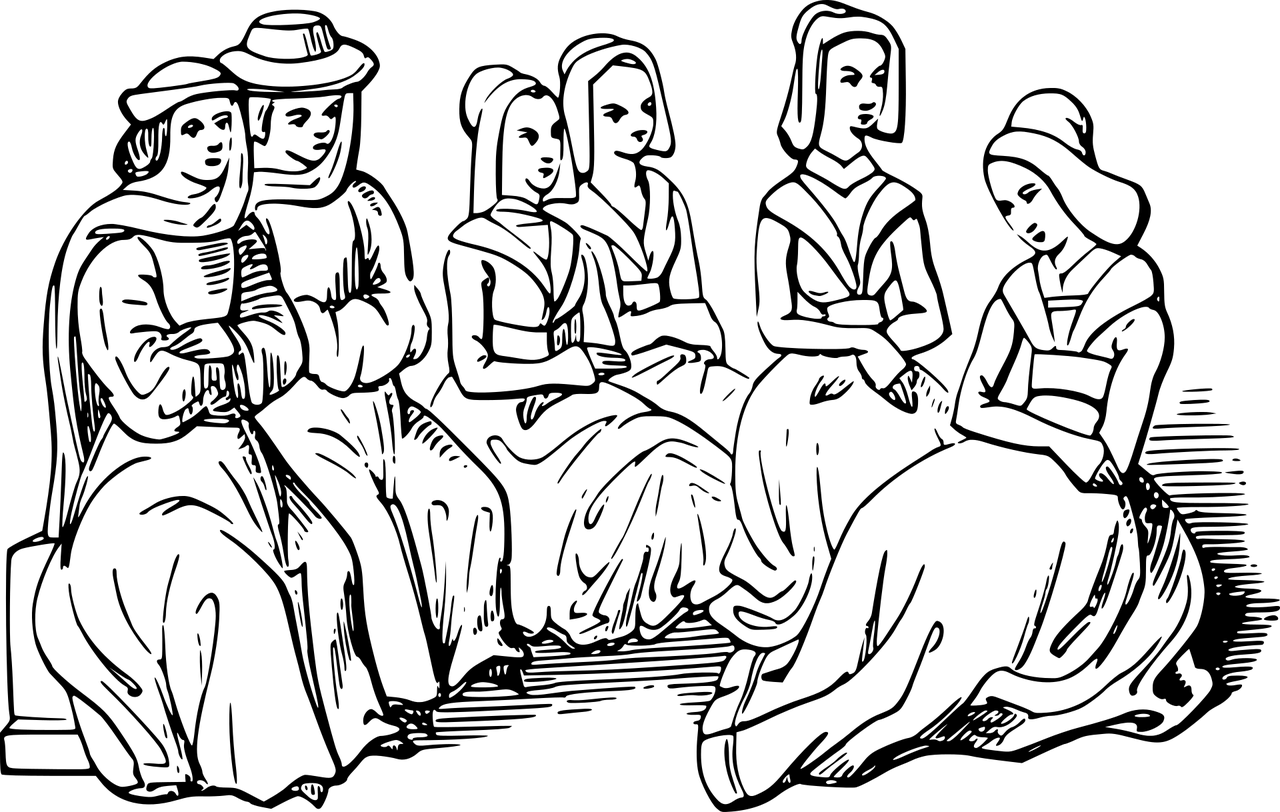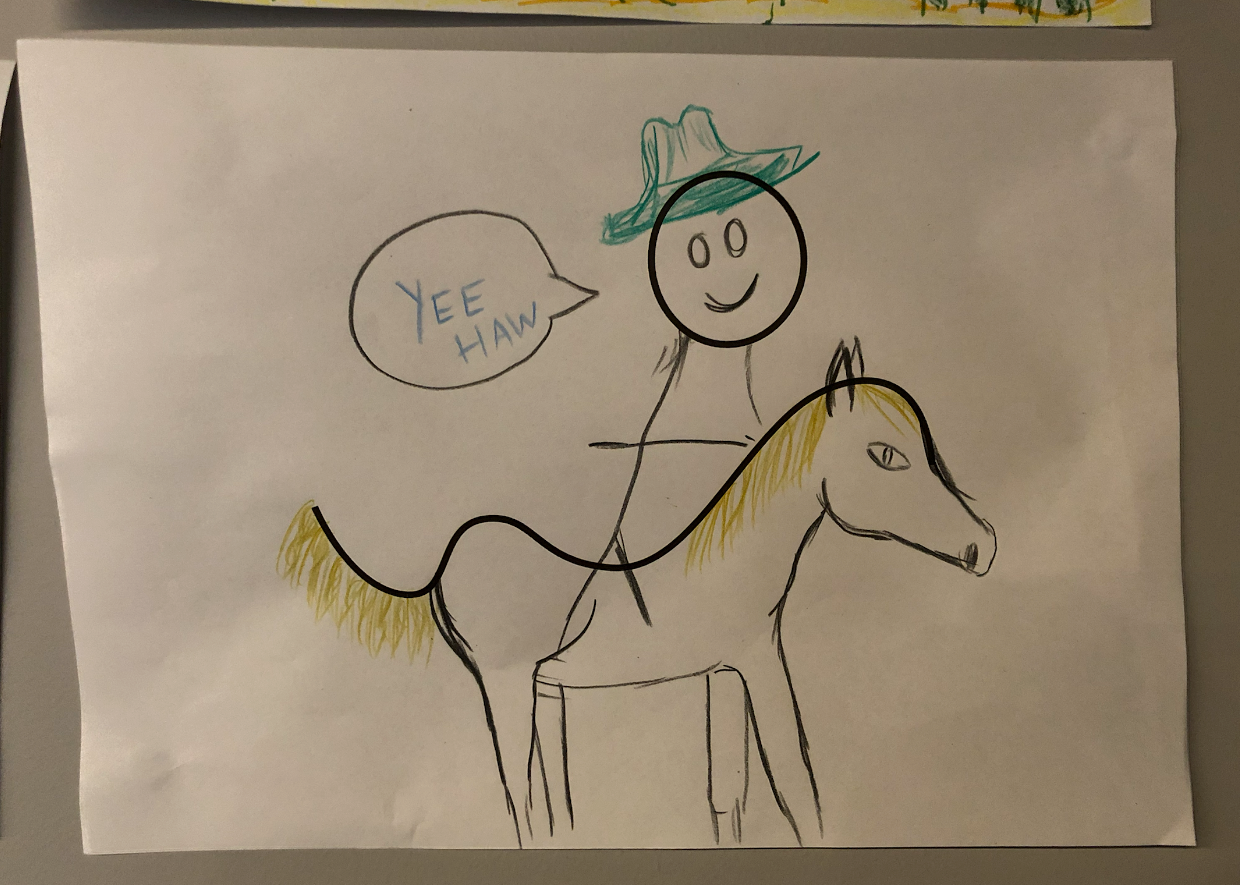(A relatively simple model)
We can analyse 3 types of truths in the context of giving advice, which increase with the degree of effort and personal responsibility on the part of the advice giver, and also increase in the degree of personal relevance and emotional impact on the part of the advice receiver.
1. A simple truth is a well-intended general point that applies to a large percentage of the population, often expressed in a way that is confident, clear-cut, and catchy. Proverbs, platitudes, and popular sayings tend to fall into this category. These short sound bites can be reassuring but, as any reader soon discovers, they also tend to have counterexamples. For example, “Better safe than sorry” is equally as useful (or useless) as “Nothing ventured, nothing gained.” These general truths rely on the reader to gauge how the advice applies to their life situation and they often leave the dispenser of wisdom in a position to take credit if their good advice works out, but deny responsibility if things go bad. Put simply, a simple truth is general stock advice.
“To lose weight, you must burn more calories than you consume.”
2. A scientific truth is more careful and accurate than a simple truth and takes more responsibility for how it is likely to be received and used. It’s not the kind of memorable one liner that is easy to recall off-the-cuff. It attempts to be logically valid and sound, not simplistic or overconfident. It avoids quoting experts out of context. It tries not to cherry pick data. It appreciates that correlation isn’t necessarily causation. It traffics in caveats to avoid sweeping generalisations. A scientific truth tries to tell the whole truth, even though we invariably see only a small part of a complex reality. Put simply, a scientific truth seeks accurate general understanding.
“In order to lose weight, the common rule of thumb is to burn more calories than you consume, but it may also be important to consider the source of those calories. Not all calories are created equal. 300 calories of broccoli is not the same as 300 calories of chocolate. Most people’s bodies will absorb these two things differently.”
3. A salient truth is the best kind of advice. Building on the good intentions of a simple truth and appreciating the complexities of a philosophically sound scientific truth, a salient truth might sound a lot uglier, but for what it might lack in quotability and technical correctness, it makes up for in relevance. A salient truth is uniquely sensitive to the person on the receiving end. It’s rarely the kind of advice you experience through a book or by watching online content. You’re most likely to experience it in face-to-face dialogue with a friend, family member, colleague, coach, mentor, therapist, or someone you know. It considers the various factors that are unique to a person’s circumstances, values, goals, personality, lifestyle, and interests. It is concerned, especially, with contextually relevant life priorities – because no core truth ultimately “hits home” unless you can see how it matters to you on an emotional level. Put simply, a salient truth is personally significant.
“Okay, look – I really don’t think you need to worry about any of that calorie stuff for now, Sophie. It’s largely true but just not relevant to this situation. I can tell that tracking calories is not something that interests you. For our purposes, it’s more important to understand the right kinds of food sources in general rather than spending time on the calories they contain or working out what’s inside every product. There are certain carb-rich foods I can see in your current diet that I would recommend limiting and I’ll explain the reasoning behind each dietary suggestion and find a better replacement where I can. Based on everything I know about you, I think the most important thing for you is finding enjoyment in good eating and exercising consistently so it sticks as a sustainable lifestyle, but not at the expense of sacrificing the things you love most, like coffee and chocolates. Without coffee and chocolates, what would the point of life even be? Goddamn shit, right? Based on your goal of getting in shape in 6 months, this is very achievable. And I’ll help you every step of the way. But I think it’s best at this stage to just focus on a small number of critical items and backgrounding everything that is going to create information overload. How does that sound so far?”
Broden and the Yakk Digital Marketing Team
H/T to my copywriter Theo for this model, which he says is copyright free if you want to use it/adapt it.






